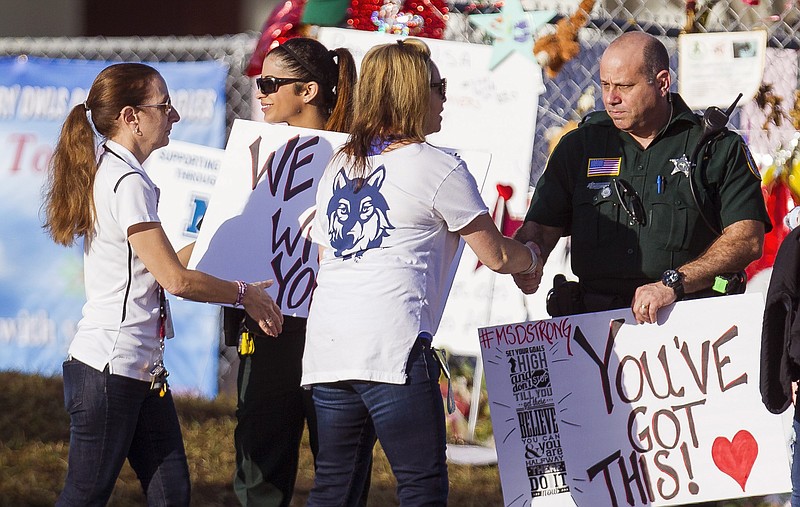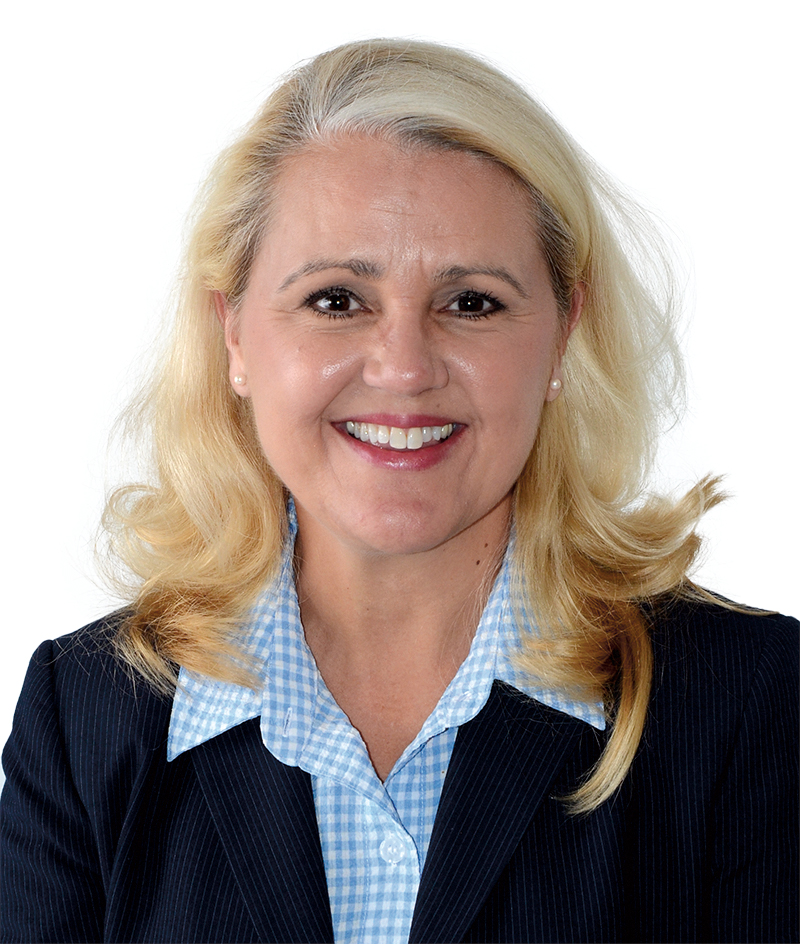The Parkland, Fla., school shooting was another reminder that big government programs are neither efficient nor effective. This fact should be relevant as decisions are made to address school safety and other critical issues facing America such as educational excellence and the cost of health care.
In all three cases, the government, on the federal, state and local levels, serves as the predominant decision-maker creating rules, funding demands, sanctioning approvals and rejecting options for consumers or participants. No one will argue that both health care and education consume the greatest volume of budgetary resources of any government. Now, as part of the educational process, a safe environment is, rightfully, included.
Yet, both education and health care have suffered more than benefited from big government control.
Bureaucratic systems thrive only when uniformity is permitted. Just as Henry Ford was able to roll out the first assembly line for vehicles by producing only a black sedan with identical measurements and options, when individuals yield critical decisions to a government, the answers will automatically skew to the uniform, not the unique. Model T production was reduced from 12 hours to two hours and 30 minutes by isolating processes to create a monolithic auto with very few cosmetic variances.
In the same way, government systems attempt to yield identical results. Due to size of the administering organizations or agencies, however, very little accountability exists but is demanded of the subjects of said government.
Looking at the Florida tragedy that absolutely could've and should've been prevented, when were all the systems supposed to work? Which call - the first, second, 20th, 32nd or 45th - to local law enforcement about the 19-year-old shooter would result in an intervention to deal with a troubled young man? What else did the caller to the FBI have to say in her concerned, 13-minute call on Jan. 5? The call at least, according to The Washington Post, specifically described his "mental capacity of a 12- to 14-year-old," with citations to social media posts of photos of animal abuse.
Before he was expelled from school the last time before the shooting, why did the need to prohibit this man from bringing a backpack to campus not signal his potential danger?
Systems fail because no accountabilities are in place. Has anyone been fired in the FBI, the local law enforcement agency or the school for permitting this mountain of evidence to pile up?
And, how have big-government solutions worked for education? How many more years of mediocre - or worse - results will we accept from a system wedded to uniform approaches?
And, there's the health care "fixes" that revolve around government as the customer and insurance companies as the administrative body. This bureaucratic approach ignores patients and doctors instead of embracing them in the formulating real patient-centered health care that would drive the market to provide competitive pricing, better value and increased access.
In the end, no big government or bureaucracy will solve problems that begin with an individual who lacks personal responsibility or missed out on effective parenting. Yet, as a society, we trust too much that is important to big government. Beware of those peddling quick fixes that only involve government programs.
Robin Smith, a former chairwoman of the Tennessee Republican Party, owns Rivers Edge Alliance.

